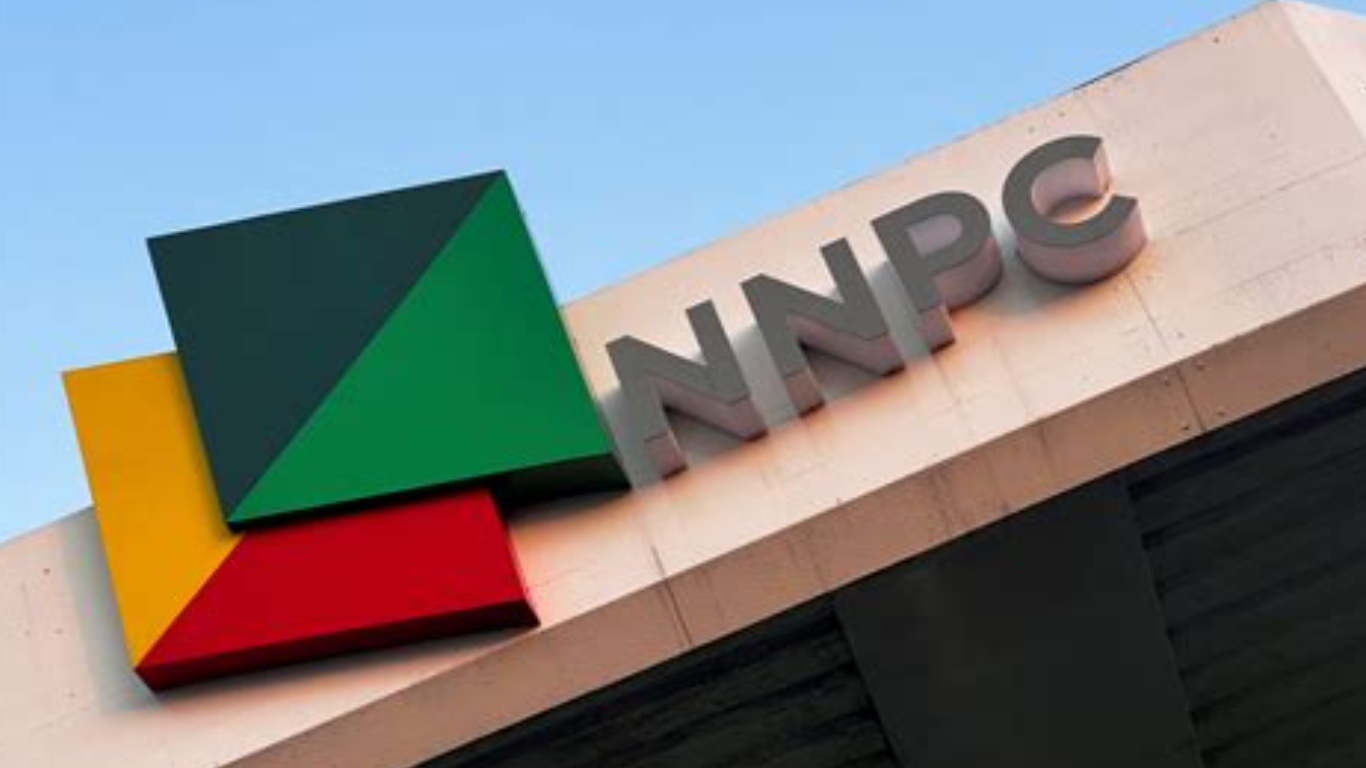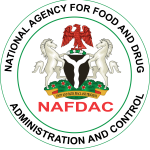
NNPC’s Profit Illusion And Concealed Subsidy Payments

On Monday, the Nigerian National Petroleum Company Limited (NNPC Ltd.) announced a Net Profit of N3.3 trillion for 2023, a purported “increase of over N700 billion (28%) when compared to the 2022 profit of N2.548 trillion.”
This was disclosed by the company’s Chief Financial Officer, Umar Ajiya, during a Press briefing where he announced the release of the NNPC 2023 Audited Financial Statement (AFS).
“Our fiscal performance reflects both strategic foresight and operational resilience. Despite inherent challenges of our operational and economic environment, we have improved the productivity and the financial performance of this great company,” Ajiya said while boasting of “transparency and accountability” in the NNPC.
However, the announced profit gain of the NNPC is an illusion sold to Nigerians, a mischief hidden in currency conversion. A closer look at past disclosed profits showed that the company has suffered a financial setback.
Although the NNPC, notorious for corruption and opaque financial management, did not release a finance statement for 2022, it announced a Net Profit of ₦2.6trillion, an increase of approximately 285.76% from ₦674.1billion announced in 2021.
These figures do not tell the true story. It is important to note that oil trades are conducted in international currencies, in this case, the U.S. dollar. Hence, the NNPC’s announcement of its profits in Naira reeks of dishonesty and mischief.
In 2022, NNPC traded with local and international oil marketers at an average exchange rate of ₦650 to $1, so its actual profit for that fiscal year was $4 Billion. For most of 2023, the exchange rate was around N1400-₦1650 to $1; its profit should be around $1.8 billion – $2 billion. This shows a margin of about a 100 per cent decrease from its Net profit in 2022.
Also, the NNPC reiterates the persistent lie by the President Bola Tinubu administration – “fuel subsidy is gone” after the President’s rash announcement of the termination of the subsidy regime during his inauguration in May 2023. Reports have shown that the government has secretly returned to paying fuel subsidies.
Findings have shown that the landing cost of Premium Motor Spirit, PMS, or petrol, has risen to over N1,000 in 2024 from N550 per litre in 2023 when Tinubu declared the total subsidy removal.
If the landing cost excludes additional costs, including depot-related charges, transportation logistics, and marketers’ margin, which is approximately N1,100/litre, why is it sold below N1,000 at pump stations?
In another dishonest attempt to clarify, NNPC’s CFO, Ajiya, said the NNPC was paying for PMS “importation shortfalls”.
“In the last eight to nine months, NNPC Ltd. has not paid anybody a dime as a subsidy; NNPC Ltd. has paid no one Kobo in the name of subsidy. No marketer has received any money from us through a subsidy.
“What has been happening is that we have been importing PMS, which has been landing at a specific cost price, and the government tells us to sell it at half price.
“So the difference between the landing price and that half price is a shortfall,” he said.
This is fuel subsidy rechristened as “shortfalls”.
Despite the government’s persistent denial, oil marketers have confirmed that the subsidy has returned. The Minister of Finance and Coordinating Minister of the Economy, Wale Edun, once admitted it. The International Monetary Fund (IMF) also confirmed it.
Former Vice President and perennial presidential contender Atiku Abubakar criticised the secrecy surrounding the payment of fuel subsidies, saying the Tinubu administration lacked credibility.
“The veil of secrecy shrouding the downstream petroleum sector, coupled with alarming reports of NNPC Limited diverting funds intended for other purposes to cover subsidy payments, adds layers of confusion that are unbearably unsettling,” Atiku stated.
Read More:
- NAFDAC Seizes 3 Petrol Tankers Transporting Edible Oil in Lagos, Warns of Public Health Risks
- Obi Cautions Police Over NLC’s President Invitation, Calls for Transparency
About The Author
Related Articles
Tinubu Government Delays Release of Signed Tax Acts to the Public
Four days after President Bola Tinubu announced the signing of four tax...
ByMayowa DurosinmiJune 30, 2025As Tinubu Urges Africa-Caribbean Unity in Saint Lucia, Over 272 Nigerians Killed in June Alone
While Nigerians deal with deadly violence, worsening hunger, and mass flooding, President...
ByWest Africa WeeklyJune 30, 2025You Can’t Tax a Dead Economy: Nigeria Is Suffocating Under Its Own Policies
As Nigeria’s Central Bank clings to its benchmark interest rate of 27.5...
ByWest Africa WeeklyJune 30, 2025“Wike is Not a Blessing to Us, He’s a Disaster” — Workers Protest in Nigeria’s Capital Over Unpaid Wages, Poor Working Conditions
Staff members of the Federal Capital Territory Administration (FCTA) in Abuja barricaded...
ByOluwasegun SanusiJune 30, 2025











